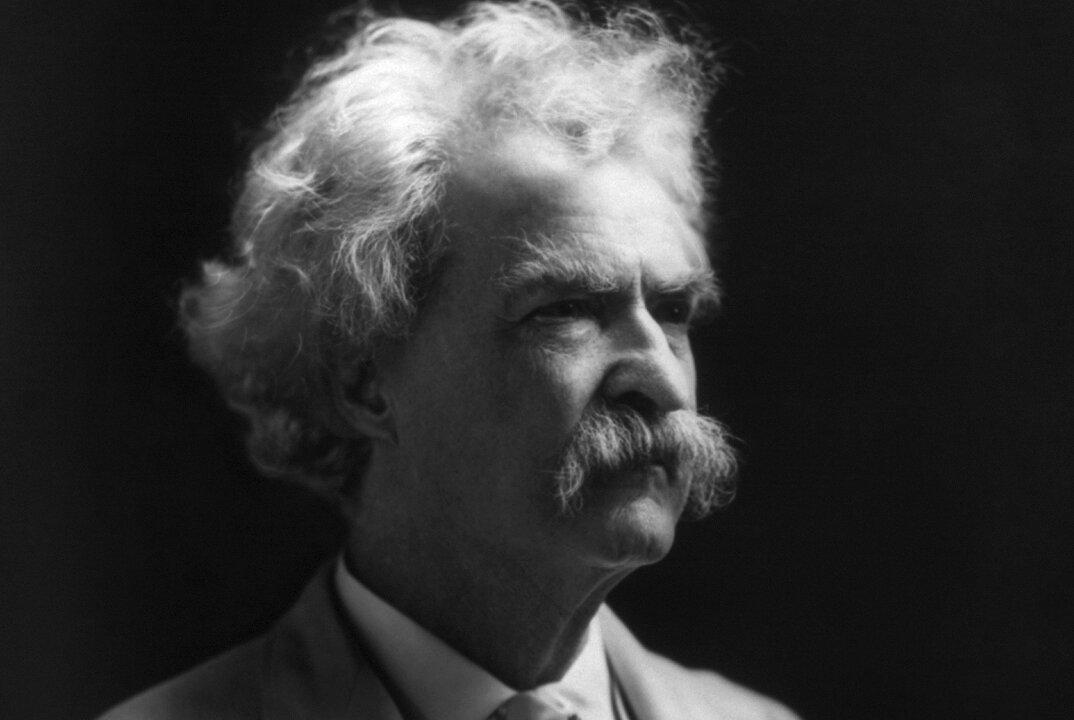Future historians called it “The Gilded Age.”
From the 1870s to around 1900, technology and manufacturing exploded in the United States, and the face of America changed forever. Men like John D. Rockefeller, Cornelius Vanderbilt, and Andrew Carnegie were building industrial empires, railroads crossed the country, and men and women left small towns and farms in droves to work in cities alongside the immigrants pouring into the country.






